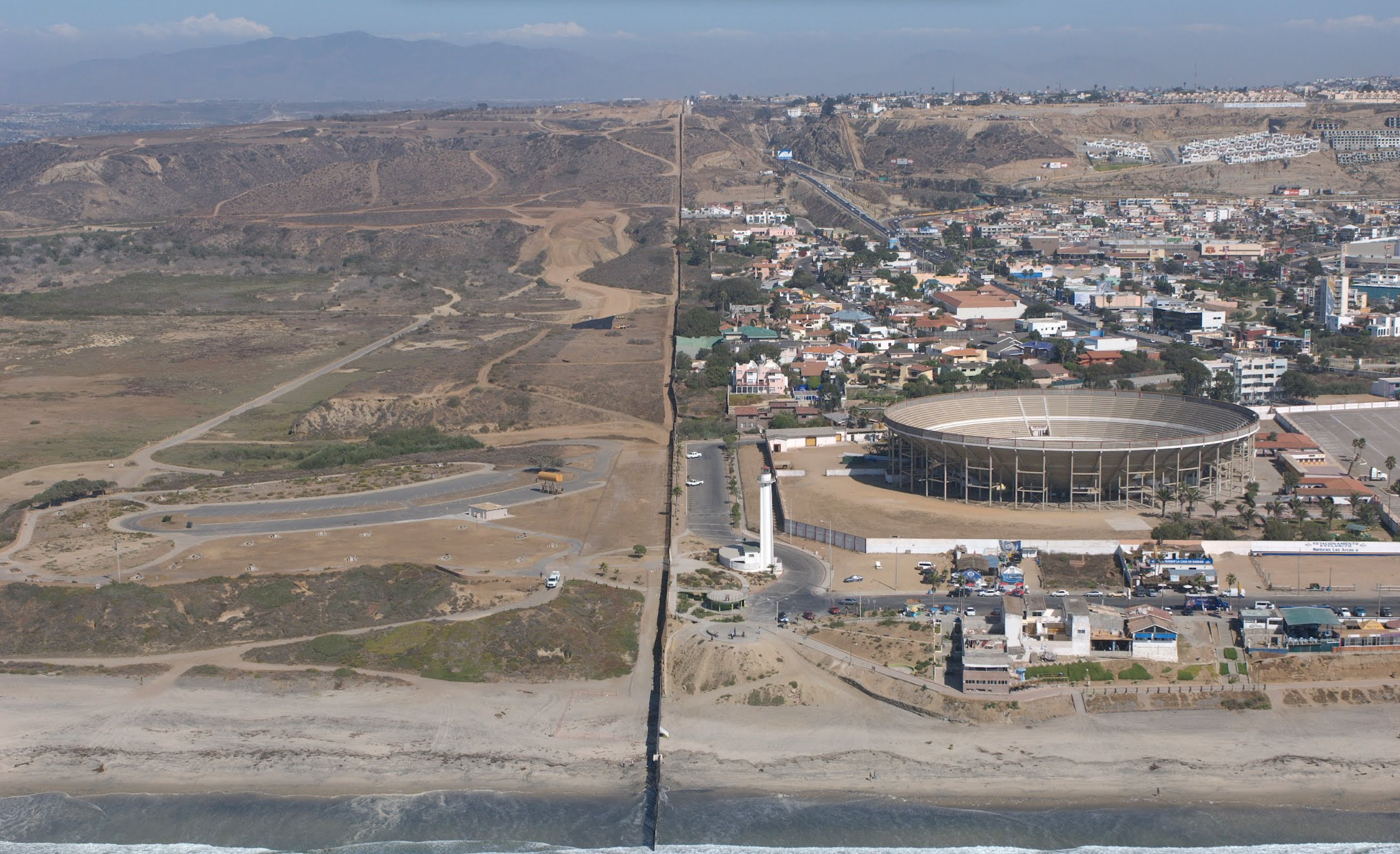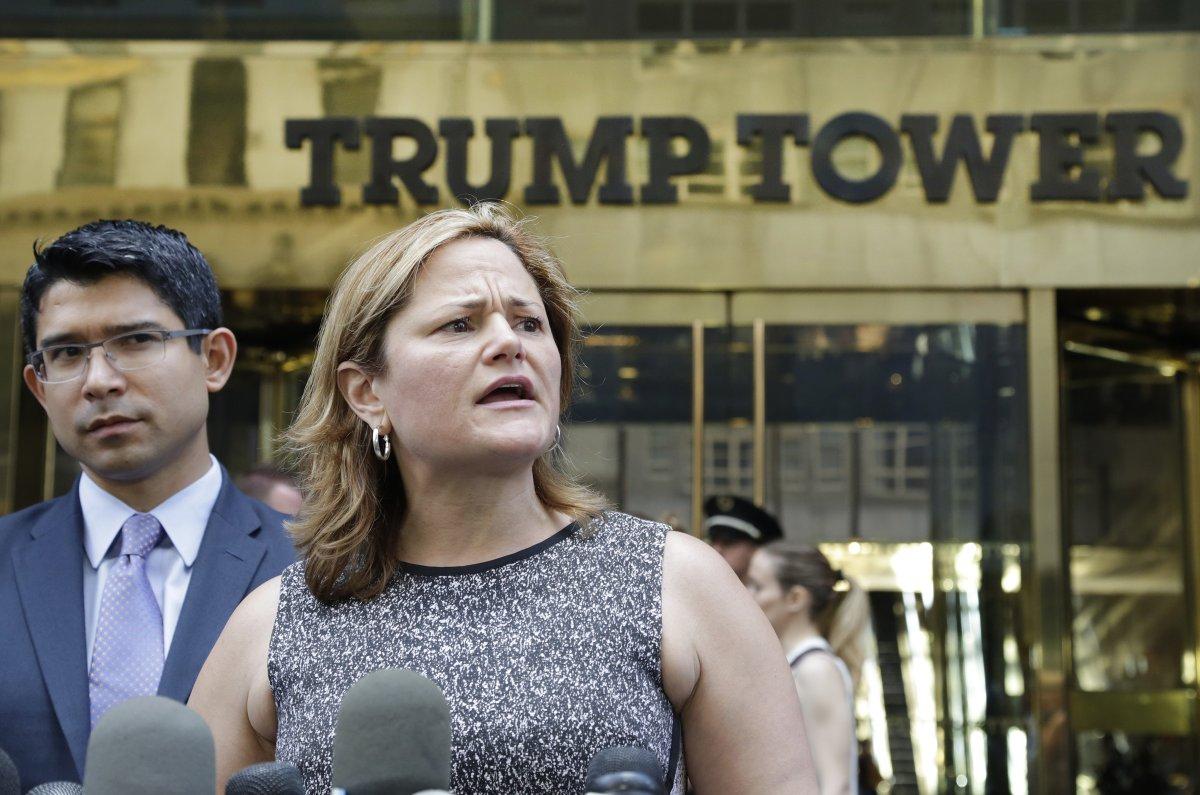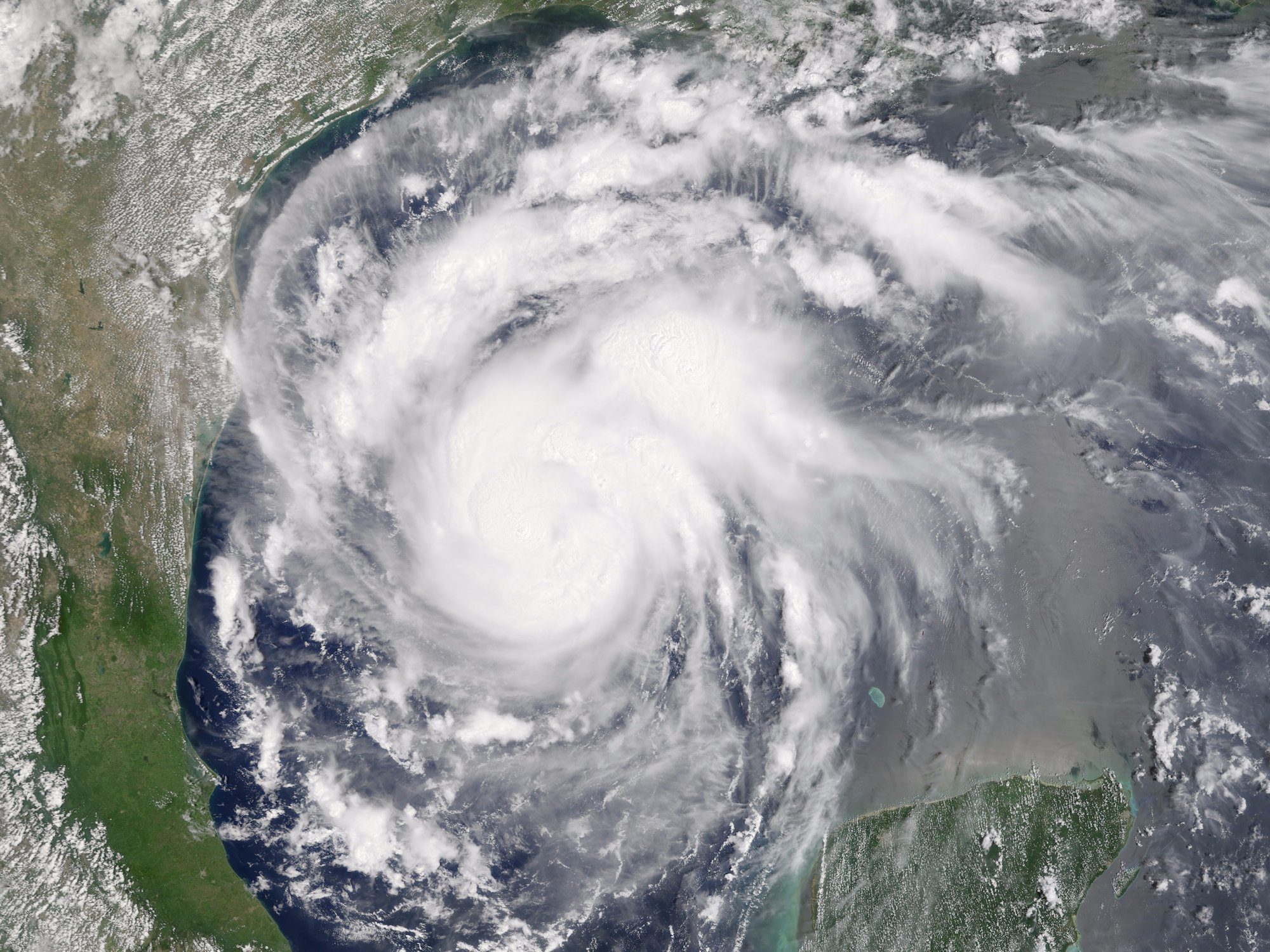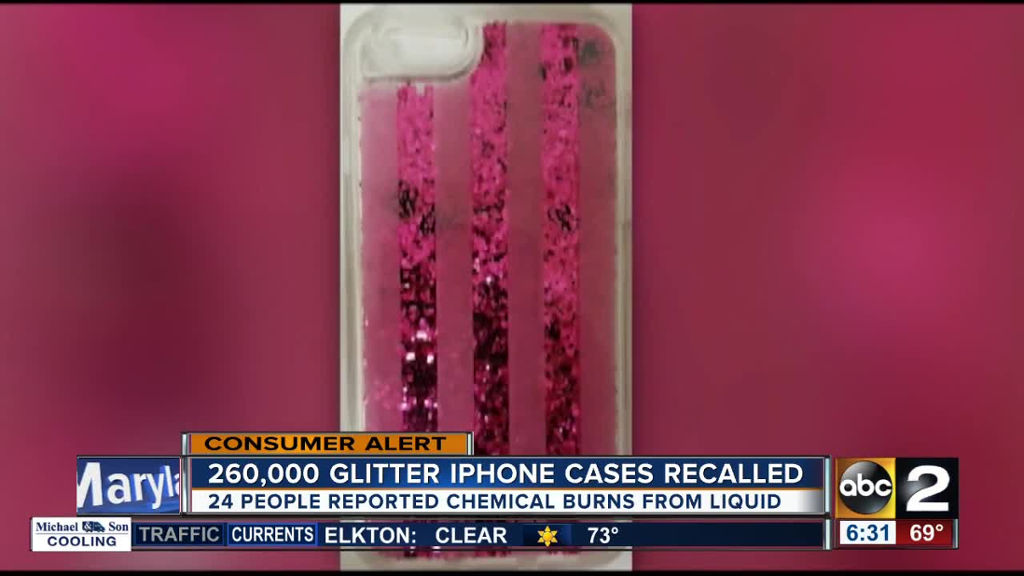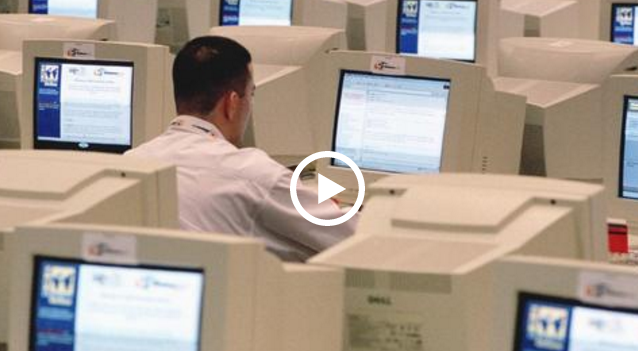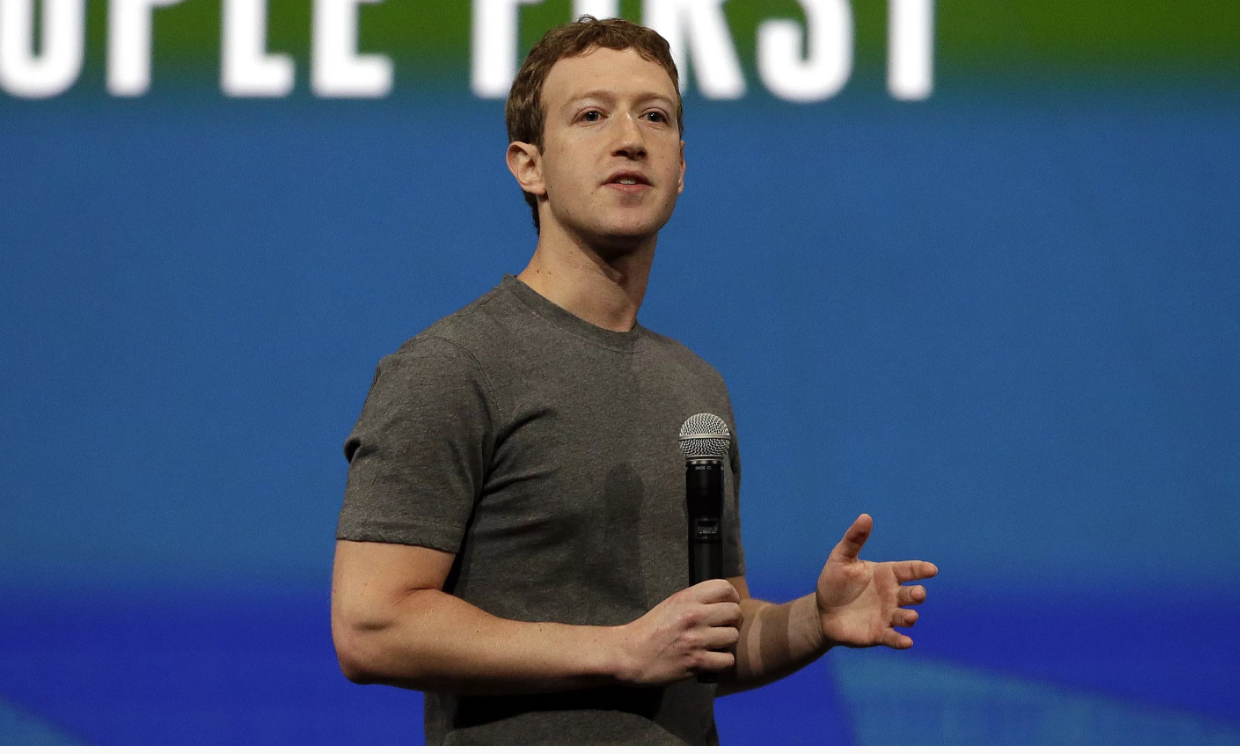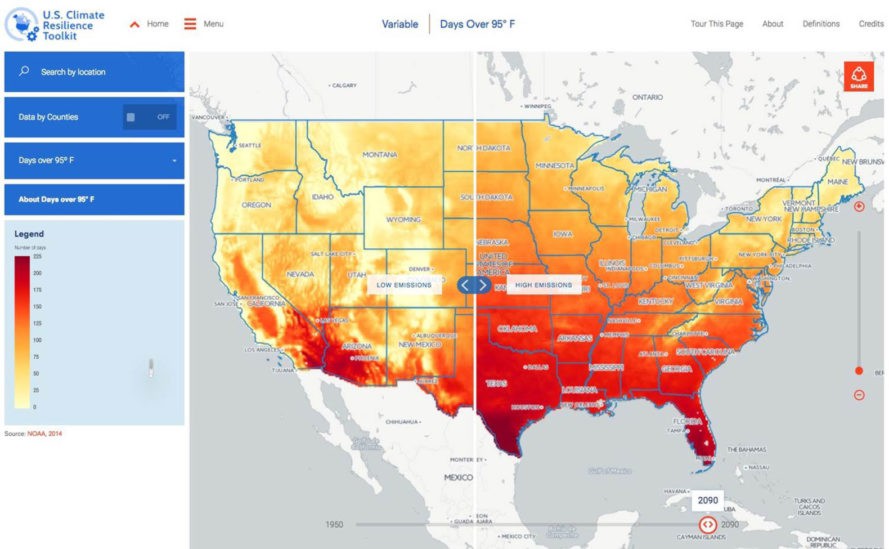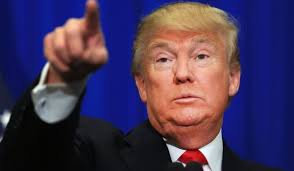The executive order is aimed, in part, at reviving the coal industry, according to Trump. But it’s doubtful that this measure is more than a stopgap, as natural gas and renewable energies, including wind and solar, are already making strides toward supplying electricity on a large scale, according to the U.S. Energy Information Administration (EIA).
If the Clean Power Plan were to stay in place, natural gas generation would continue to outpace that of coal, as it is now, the EIA reported in February. However, even without the plan, coal is expected to overtake natural gas in 2019 and remain the top generator of U.S. electricity through 2032, when natural gas will likely exceed it in the amount of electricity supplied, according to the EIA.
Moreover, many future coal jobs will likely be automated, rather than employ people in coal country, Robert Godby, an energy economist at the University of Wyoming, told The New York Times.

Credit: U.S. Energy Information Administration (EIA)
Scientists react
When coal is burned, it emits carbon dioxide, a greenhouse gas that warms the planet, as well as other pollutants, such as nitrogen oxides and sulfur dioxides, which can lead to soot and smog.
“Burning coal to produce electricity produces about twice the carbon dioxide as compared to burning natural gas,” said Jennifer Francis, a research professor in the Department of Marine and Coastal Sciences at Rutgers University in New Jersey. “Coal extraction is also more energy-intensive and destructive to the environment.”
Francis added that she’s disappointed the plan is being repealed. Enacted in 2015, the plan had yet to be put in place because of legal challenges, according to news sources.
“The Clean Power Plan was a step toward the future: away from destructive and costly pollution, away from environmentally damaging fuel extraction and away from emissions of heat-trapping gases,” Francis told Live Science in an email. “Dismantling this plan slows our transition to a clean-energy nation, along with the explosion in new jobs and economic benefits that go with it.”
Michael Mann, a distinguished professor of meteorology at Pennsylvania State University, said the executive order is a sign that the current government cares more about fossil fuel energy profits than the health of the planet.
“Fortunately, others, like China, are actually stepping up, decommissioning coal-fired power plants and flooding the global market with cheap solar panels,” Mann said. “They recognize that the U.S. vacuum in leadership provides them the opportunity to lead, both morally and economically, while we get left behind.”
The Clean Power Plan would have aimed to cut power-plant carbon emissions by 32 percent of 2005 levels by 2030 — a reduction that would have alleviated many health problems, including 3,600 fewer premature deaths; 1,700 fewer heart attacks; and 90,000 fewer asthma attacks in 2030 and every year after it, the Environmental Protection Agency reported.
“This rollback will mean more asthma and other breathing disorders associated with air pollution, more contamination of water supplies by residue from mining fossil fuels and more money wasted on infrastructure for a dying energy industry,” Francis said.
The rollback and other policies that ignore climate change “do an enormous disservice to the public by denying or minimizing the urgency of human-caused climate change,” said Pushker Kharecha, a climate scientist at The Earth Institute at Columbia University. “This is likely to lead them to delay or completely avoid taking the types of mitigation measures that are vitally needed, such as rapidly and massively scaling up renewables along with nuclear [energy].”
Meanwhile, the free-market conservative group the Heartland Institute praised the repeal.
“President Trump stressed that this isn’t about lowering standards for protecting health and safety, whether for miners or the public, but about ending unnecessary and costly regulations that kill jobs without producing any benefits,” the group said in a statement. “His executive order will ‘end the theft of American prosperity’ and make EPA ‘focus on its primary mission of protecting our air and water.'”








